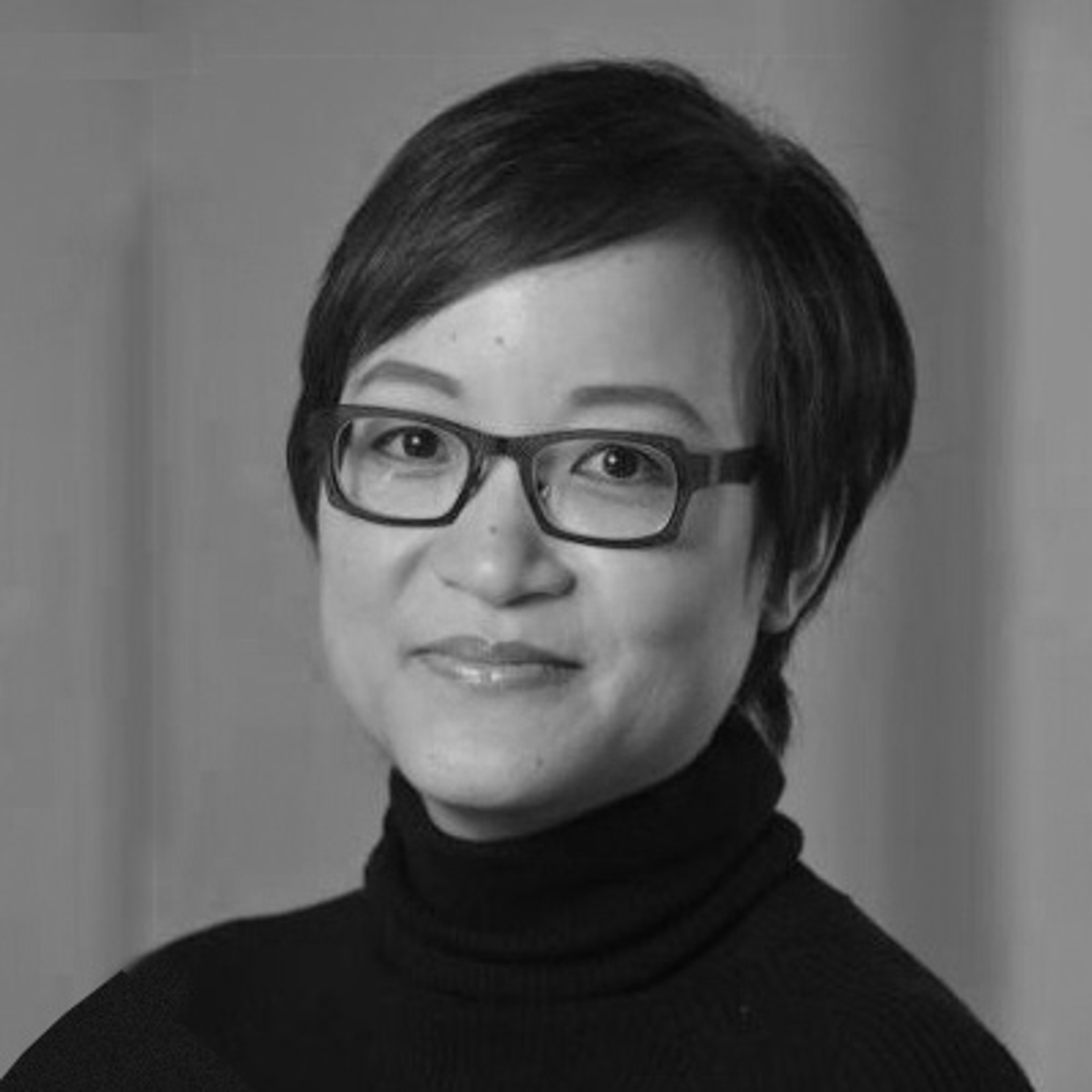Ruth Chang

Ruth Chang is Chair of Jurisprudence at the University of Oxford and a Professional Fellow at University College, Oxford. Before that, she was a Professor of Philosophy at Rutgers University, New Brunswick, NJ. She has held visiting appointments in philosophy the University of California Los Angeles and in law at the University of Chicago Law School. She has a Ph.D. from Balliol College, Oxford University and a J.D. from Harvard Law School. Chang’s research focuses on how we can appropriately integrate multiple criteria of relevance in normative, epistemic, and scientific inquiry and the ways in which the reasons for and against options that are based on such criteria might relate. Her research has upshots for both individual and collective or institutional decision-making and has been the subject of articles and interviews by various media outlets around the world including the U.S., Canada, the U.K., Australia, Italy, Germany, Israel, Brazil, New Zealand, and Austria. She has been a consultant or lecturer for institutions and industries ranging from video gaming to pharmaceuticals to the Navy and World Bank.